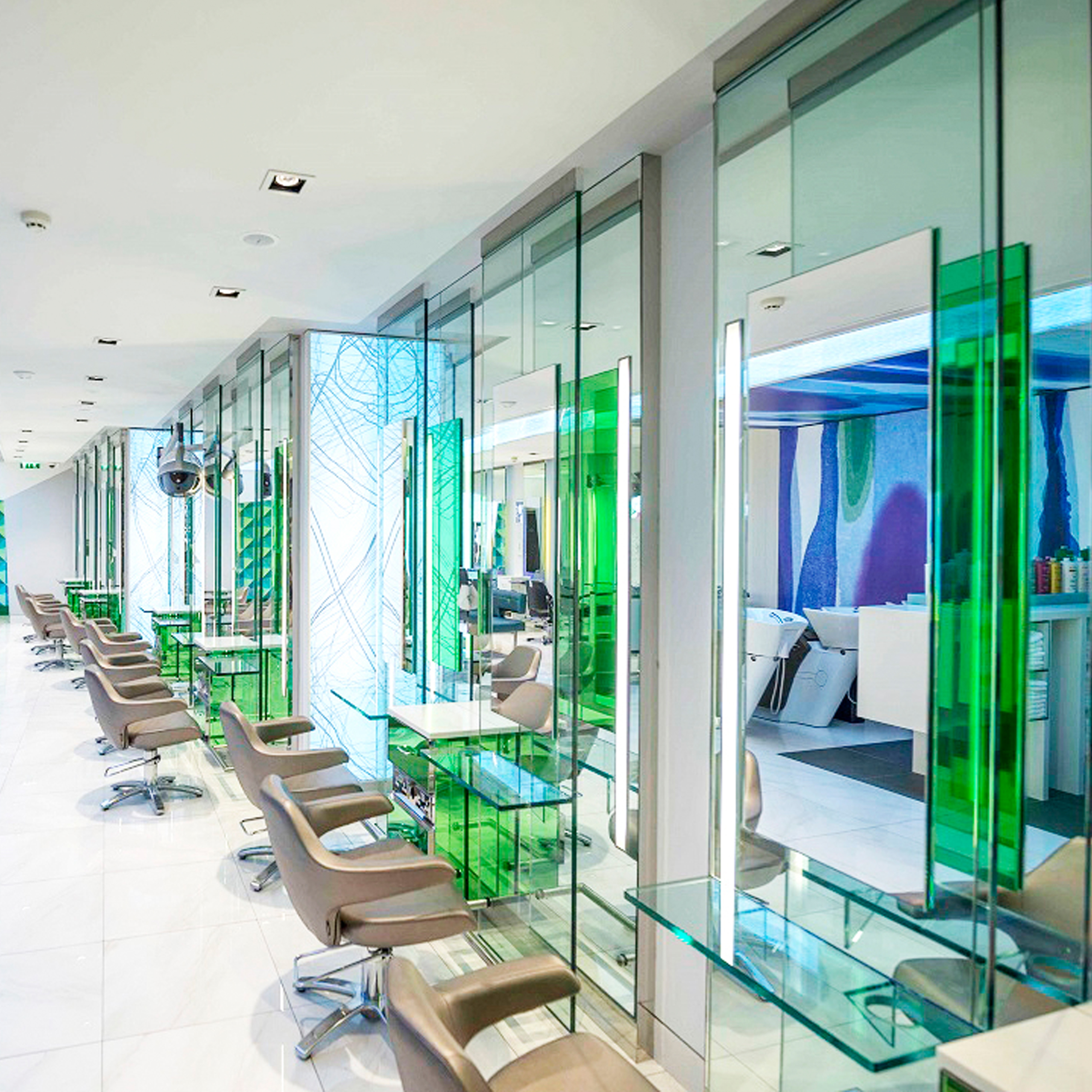Today in the Irish Independent-property supplement,
Paul McNeive wrote about COHN’s article on Retail is Emotional.

Another slew of company failures on the UK High Street underlines fears that retailers may be nowhere
near the end of the painful readjustment to online retailing. With Retail Excellence Ireland telling us that
Irish consumers spent €5bn online last year, with €3bn of that going abroad, more retailers will disappear
if they don’t adapt even quicker. One man with no doubts about that is New Yorker Garry Cohn,
lead designer and owner at Dublin firm, Cohn Architecture and Design.
Cohn told me that big high street brands are failing because they are too big to change quickly.
“They’re like big ships that can’t turn quickly, so they get caught out. Retailing is getting much faster,” he says.
“Retailers’ stores are not about product – they can do that online. They should reduce the amount of product in their stores,
and increase the theatre.”
By that he means that retailers must maximise their sale of ’emotions’ – as this ‘retail experience’ is the key differentiator.
Cohn, whose firm handles mainstream architecture and interior design, says that purchasing is emotional.
“We are in a new age of retail, where design meets showbusiness, to create an unforgettable experience.
Spaces become theatrical, customers become performers, and the level of interaction determines whether customers return or not,” he says.
He sums up the five key emotionally-related feelings for a positive shopping experience, in the acronym ‘PAID-U’.
‘P’ is for ‘prosperity’, which is the feeling a customer must have in an upmarket shop.
‘A’ is for ‘acceptance’ – a feeling that ‘I am part of a group, that I belong here’.
‘I’ is for ‘intelligence’ – a feeling that ‘I am smart, I know what I want’ (as one might feel in an Apple store).
‘D’ is for ‘dominance’ – ‘I can pay for something that you can’t’.
‘U’ is for ‘uniqueness’ – a feeling that ‘I am trendy, and this store makes me feel unique’.
Cohn believes that customers’ emotional responses can be expressed in the design of the store,
the products, and how they are displayed. “Retailers must understand that they are not selling a product,
they are selling the way that product makes you feel,” he says. Other details influencing purchasers are displays, music, lighting and scents.
Cohn’s interior design projects include The Cliff House Hotel in Co Waterford, ‘Urchin’ – the trendy restaurant & bar on St Stephen’s Green,
and the Peter Mark flagship salon on Grafton Street, completed last month. “Peter Mark,” he says, “is all about acceptance and prosperity.
You can get your hair cut anywhere, but the Peter Mark store makes you feel rich;
you look like a million dollars, people are looking after you, and you feel accepted.”
Conversely, at ‘The Style Club’, the hair salon on South William Street, Dublin 2, his design is “younger, selling escapism and uniqueness”.
Cohn believes that shopping centres don’t work anymore and their customer profile is getting older.
“Teenagers don’t need somewhere to go to meet anymore, they do it online every five minutes.
So shopping centres have to reinvent themselves and provide performances and experiences,
” he says. Many of our malls, he feels, “are just high streets with overhangs.” Streets such as Grafton Street,
he says, provide different experiences. “You see the richest and the poorest. It feels more human, because that’s the way we are.”
BidX1 expands into Africa
BidX1, the property trading platform launched by managing director Stephen McCarthy, is expanding its global presence.
The online auction house allows you to buy and sell property online from anywhere in the world
and has been at the forefront of disruptive technology in Ireland. The company held a successful first auction
in the UK this month and is now being brought to Africa.
David Murphy, a chartered surveyor, formerly of Hamilton Osborne King (now Savills), has been appointed as a director of BidX1 Africa,
and will lead the company’s growth there. Murphy moved to South Africa in 2005,
and has been involved in many development and investment projects there, including working for Eurocape Holdings
as Commercial Manager for South Africa. He has also developed a number of telecommunications-related technology products.
David told me that BidX1 will bring “previously unseen levels of transparency, speed and worldwide exposure to the markets in Africa.”
It’s not hard to see plenty of potential business in South Africa alone, as the fees paid at auction are 10pc of the purchase price payable by the purchaser.
Similarly, fees for private treaty sales are 6pc.
Please see the link below to Paul McNeive’s article in the Irish Independent-property supplement.
